What do the Argentine tango, French poetry, and Beyoncé all have in common? If you said that they all brim with passion, you’d be right; but they’re all also things that inspire Fatma Said in her work.
Fatma Said Sings Yo Soy María (Piazzolla: María de Buenos Aires)
The Egyptian Soprano grew up in Cairo and has gone on to grace stages around the world, including Milan’s Teatro all Scala, London’s Wigmore Hall and the Leipzig Gewandhaus. Her second album, Kaleidoscope, is out on 2 September this year and features music inspired by the world of dance. Fatma talks to me about her passions, in addition to her daily reflections on her job and the things we need to be talking about more in the classical music industry.
Do you have a favourite piece on the new album?
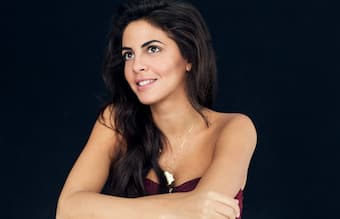
Fatma Said © Felix Broede
That’s a hard question. One of the pieces that’s very close to my heart is Ad Ay Sa’ab.
I had a really nice experience working with a text writer, and they wanted to write something that fit the character of my voice, and at the same time fit the type of music. The music is familiar – it’s a very famous tango by Villoldo – and so it’s new to put Arabic text on it.
And the nice thing is that it’s not a romantic song. It’s not one of these love songs that people usually write about when they write tangos. It’s about the empowerment of women, it’s very close also to my kind of story: how a woman can come from a background that doesn’t necessarily support what she’s doing.
I see a lot of women today coming from the Arab world proving themselves more and more, and that’s very admirable and I respect it so much, and I was very happy that in this song I could sing about that, instead of singing about the usual love. We always sing about love – I find it beautiful – but it’s nice to sing about something different.
What inspired you to start singing? Is your family musical?
Singing was always part of my life. I wouldn’t say there’s a turning point because I grew up in a house where music was very welcome. My parents loved it – they weren’t musicians but we would listen to music together, a lot of pop music, a lot of old music, but not classical music.
The classical part was introduced at my school in Cairo. There was a very strong emphasis on classical music, and I joined the choir. I learned about Beethoven, Schumann, Schubert, Mozart, sonata form, symphonies and piano concertos at a very young age already, since I was 13 or 14.
Fatma Said & Hans Eijsackers – Les Chemins de l’amour – Francis Poulenc | Podium Witteman
What inspired you to become a professional?
I like to really decide every day what I want to do, and I think it’s completely fine if you wake up in the morning and you just decide that’s not what you want to do anymore. It’s a daily decision.
It’s very easy to find yourself having a life that you just settled for, and not a life that you’ve chosen, and I’m very cautious with that, because I think a lot of my colleagues just do it because they have to do it, because that’s just their job they chose 10 or 20 years ago.
I think it requires a lot of reflection, because it takes a lot of sacrifice and it takes a lot from you, and in order to really enjoy it you have to accept this whole package. It gives you a lot but it also takes a lot, a lot of important things, and that’s why one has to come to terms with it.
Fatma Said & Joseph Middleton – Kurt Weill, Youkali
Who inspires you now?
I meet so many artists where I feel like that’s the artist I want to be like in the future. I also meet people where you’re happy you met them because they present exactly what you don’t want to be!
Our job requires a lot of travelling and a lot of being quite independent, alone, responsible, and I see a lot of women doing it brilliantly and these are people I really look up to.
Beyoncé is a huge inspiration for me, although she doesn’t come from a classical background, and I don’t know her personally, but people like her really inspire me: how she manages her career, her life, her company, how she really curates her projects, and how she presents herself and makes a difference between her professional and private life. These people you learn a lot from as well even if you don’t know them on a personal level.
Which roles do you feel the most comfortable with?
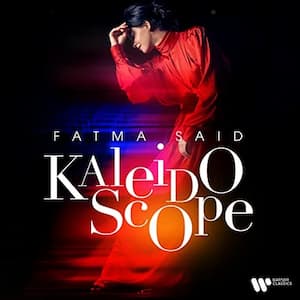
© Warner Classics
There are two roles that I loved the most when I did them. I just keep getting deeper and deeper into Pamina and I really like her – maybe because she’s Egyptian as well!
I also loved doing Nannetta, from Falstaff. It was my first Verdi opera and when I did it I really identified with the role. I loved this young girl who’s just hiding from her parents, falling in love, hiding her relationship and doing everything in a really sneaky way. I really liked this role a lot and it really fit my voice.
Are there any roles you haven’t performed yet that you would like to in the future?
I think [Verdi] is a genius. All his operas are fantastic. I think it’s a dream for every soprano to sing Violetta one day. I love Massenet’s Manon. I also love Debussy’s Pelléas et Mélisande – Mélisande is a dream role. I’d love to do Suzanna [from The Marriage of Figaro] as well – like most sopranos!
Is there a particular role that you’ve really felt your relationship with change with over time (for better or worse)?
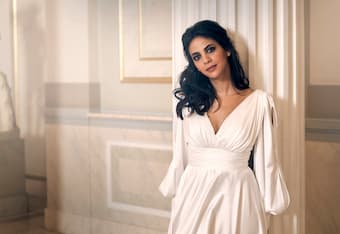
© James Bort
I would say not with the role, but my voice generally changed within the last few years, even within the corona period funnily enough, while I was not singing. I think I’m also at that age where the voice does change – not dramatically, but where it just matures normally, and I’m embracing this a lot.
A wonderful tenor once told me we have to act as a servant to the voice, not the voice for us, so you cannot really tell how the voice should sound. The voice changes and then we adapt to this change because the changes that happen are purely biological and hormonal, and it’s something we cannot have any control over – it has nothing to do with technique. We can only feel it, and we have to have a very high sense of feeling our bodies in order to understand the voice.
There are also unconscious things that you do that could have an effect on the voice. I think silent reflux is a huge problem, for example, that singers don’t speak enough about. So many singers I know even stopped singing because of reflux, and it’s something that could happen to any singer.
I also think people don’t talk about menstruation, for example. Women can’t just sing when they get their periods, because they have very swollen vocal folds, and I think that there are so many topics in this field that we don’t talk openly about. It plays a huge part in singers’ lives and their performances, in what audiences and promoters are expecting from you, because it has to do with your health. I very much like to pinpoint these things, I like to be very positive about them.
Do you find inspiration from things other than music?
Argentine tango is a huge hobby of mine. I’m that girl who finishes a performance and tries to find a milonga in the city I’m in. I’m very happy that [with the album] I could combine my hobby with my work and put this music in my voice instead of only having it in my body or my feet.
Other than dancing, I love poetry, and I love languages. I spend a lot of time investing into mastering a certain language, or reading poetry in different languages.
It’s also part of my job – that’s why I love my job!
For more of the best in classical music, sign up to our E-Newsletter
Fatma Said Sings “Aatini Al Naya Wa Ghanni”

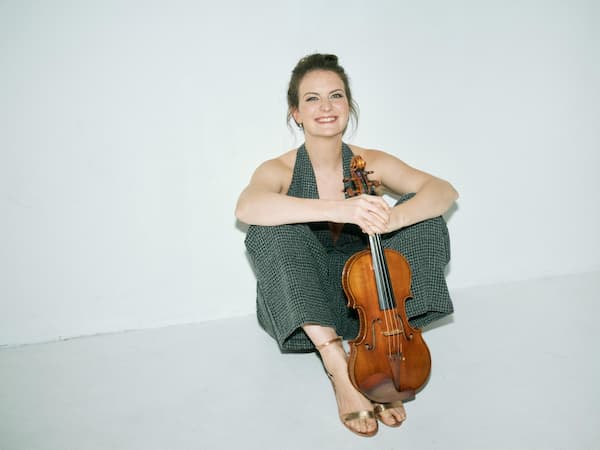
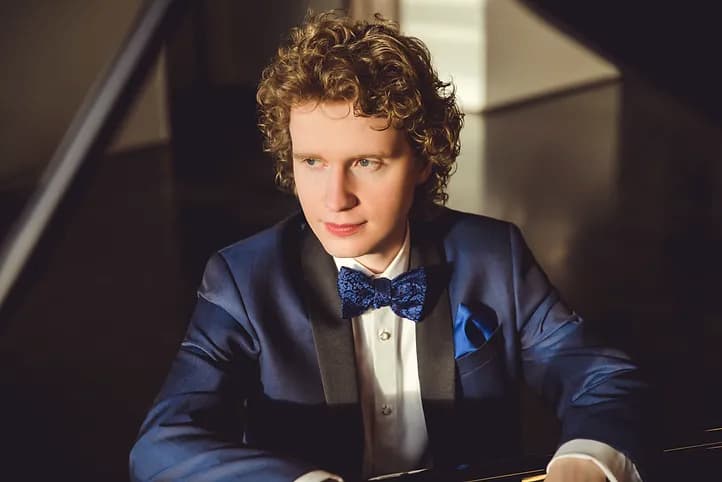
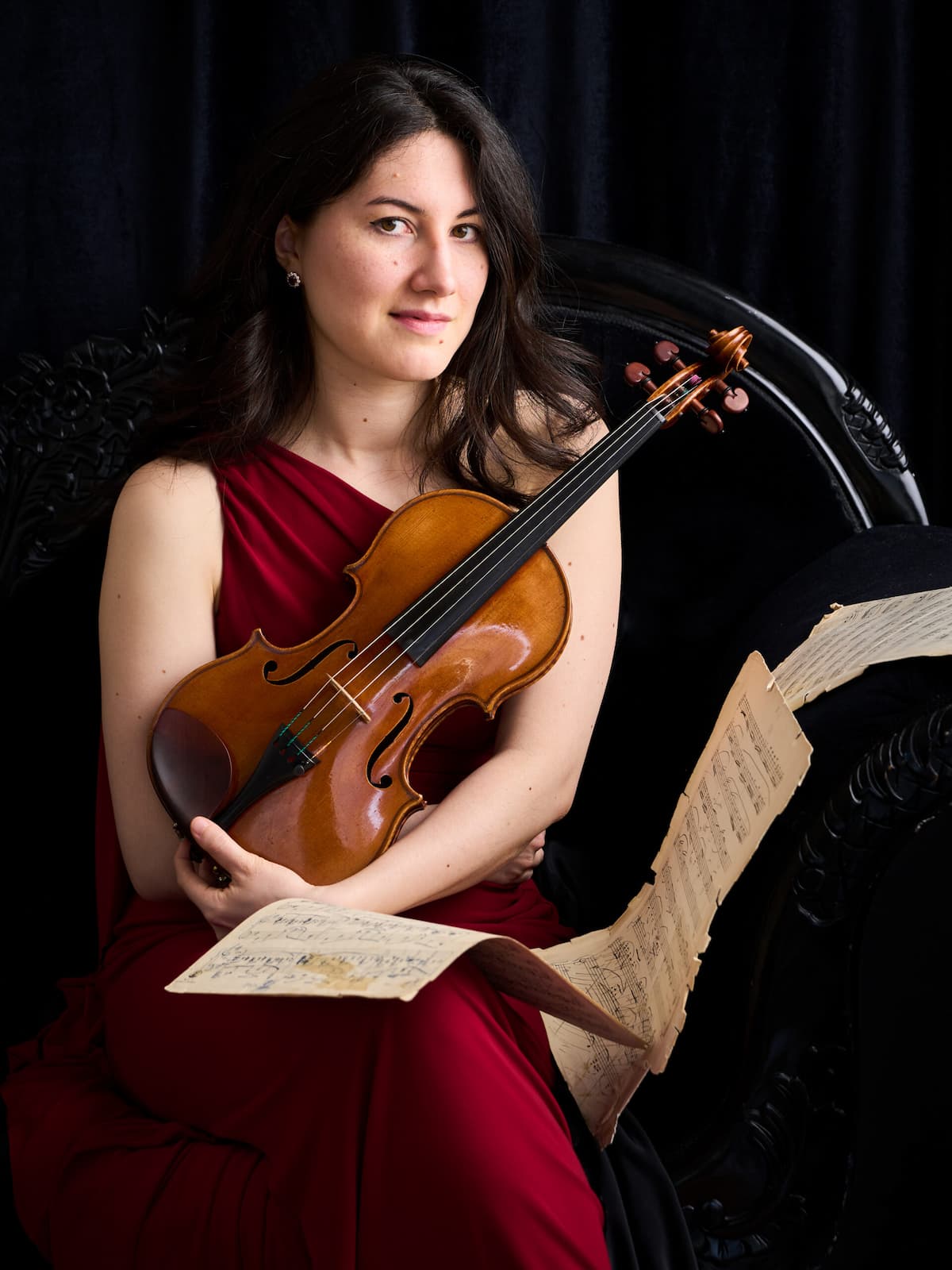
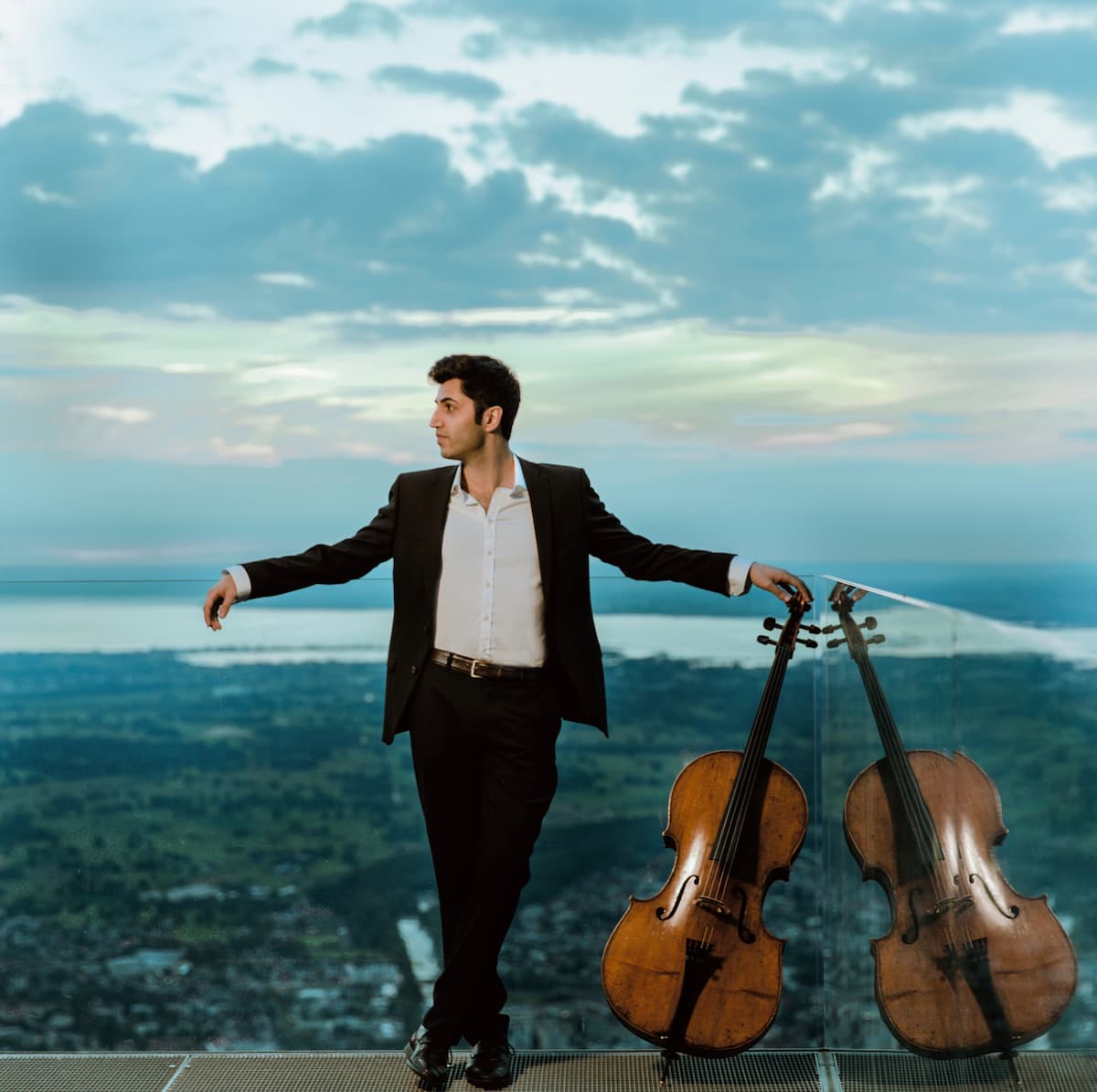
As a born Latin American I was pleasantly surprised how her singing of Piazzola is quite compelling, in pronunciation and style. Reading above I now know why! Dancing milongas are quite a piece of art.